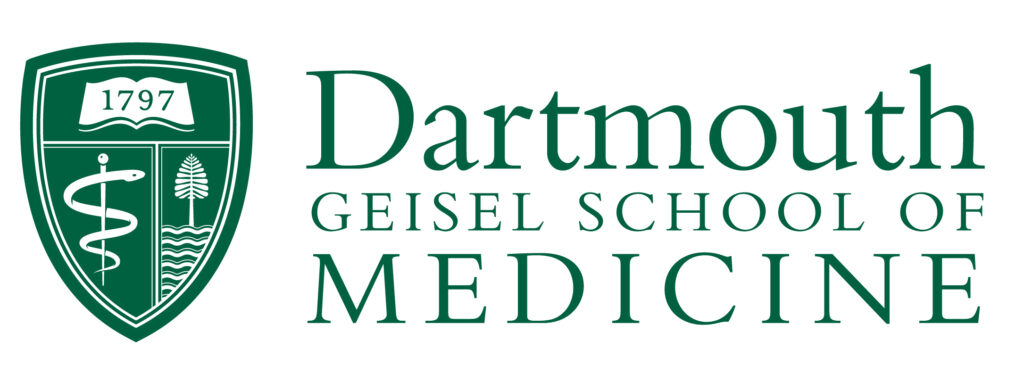Welcome to SYNERGY (Clinical and Translational Science Collaborative)
SYNERGY was founded in 2013 and since expanded the use of telehealth, digital health and machine learning, and strengthened partnerships between health care systems and community health centers.
The Dartmouth Clinical and Translational Science Institute, SYNERGY, supports research and training that will speed the development of new treatments, diagnostics, programs, and services to improve the health of people everywhere. With our collaborators at MaineHealth, the University of Vermont, and elsewhere we are especially committed to improving health equity and healthcare delivery to individuals living in rural areas throughout the United States.



Mission
SYNERGY leads research and trains scientists across the translational spectrum, with a focus on rural healthcare delivery and T3 science that sits at the nexus of implementation science, healthcare delivery science, and quality improvement. A related line of work addresses translational bioengineering, leveraging faculty at the Thayer School of Engineering and clinician scientists at Dartmouth Hitchcock and the Geisel School of Medicine to bring evidence-based diagnostics and devices to market to advance health and healthcare for individuals everywhere. SYNERGY leaders are tightly integrated into the national CTSA network and are well-positioned to share our work with the consortium.

SYNERGY includes our new Center for Rural Healthcare Delivery Science and key regional collaborators, including the Northern New England Clinical Translational Research Network (a partnership between MaineHealth and the University of Vermont), a Veterans Affairs hospital, community groups, and a “pipeline” program to grow the scientific workforce.
Vision
Our vision is to continue to spur innovation in clinical and translational science with a focus on rural healthcare, in collaboration with other CTSA hubs, and to study a new model to catalyze T3 translational science in healthcare settings.
Specific aims
- Foster the full spectrum of translational science with a focus on addressing the healthcare needs of rural populations.
- Train the next generation of translational scientists, equipping them with the knowledge and skills to overcome the health challenges faced by rural populations as fully informed through meaningful community engagement.
- Address a critical translational science barrier by extending our coproduction learning health system (LHS) to study the effects of embedding translational scientists in our health system and partnering them with data scientists, engineers, and community members.
- Collaborate and share lessons learned with other CTSAs, community partners, and investigators from our work in Elements C and E addressing LHS science, community engagement research, and other domains.


